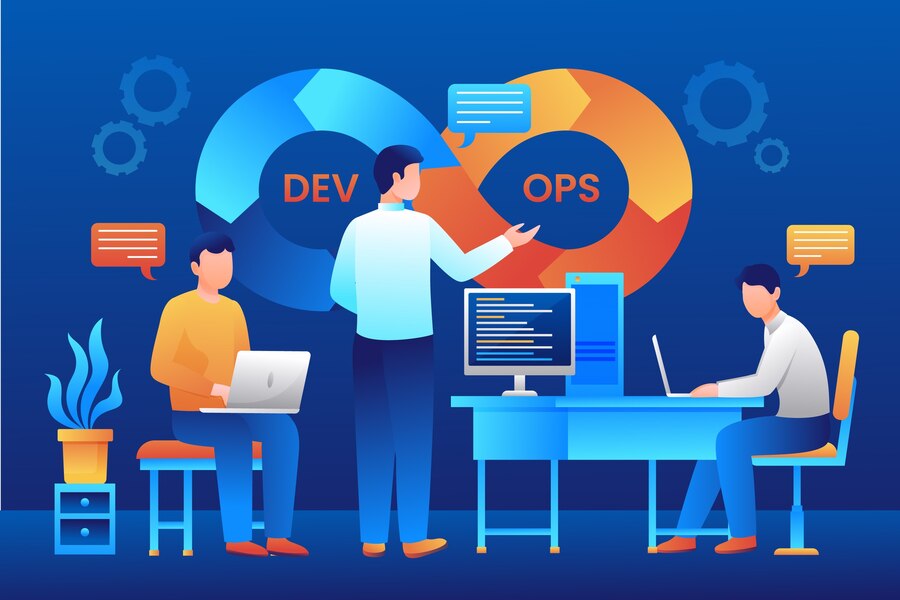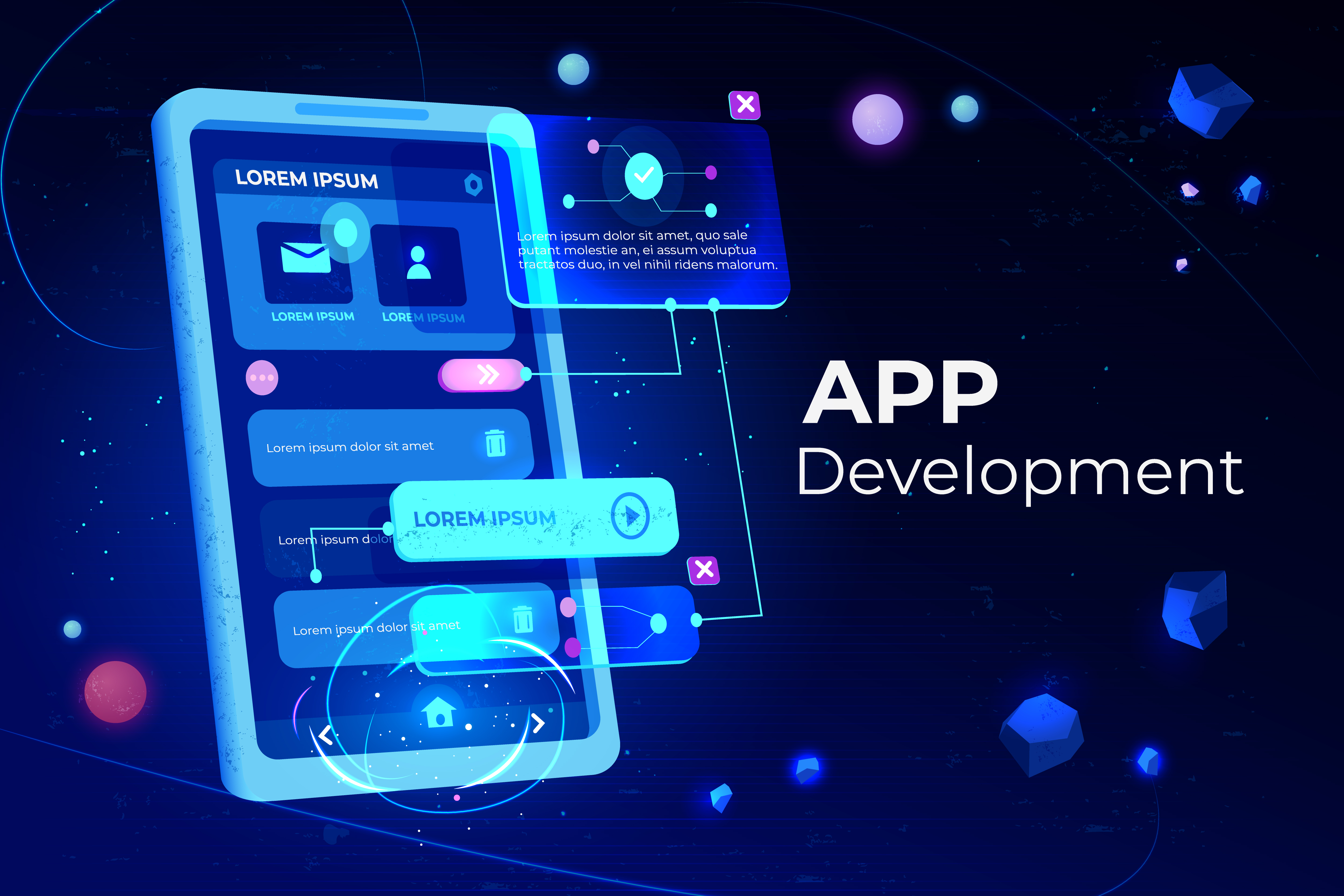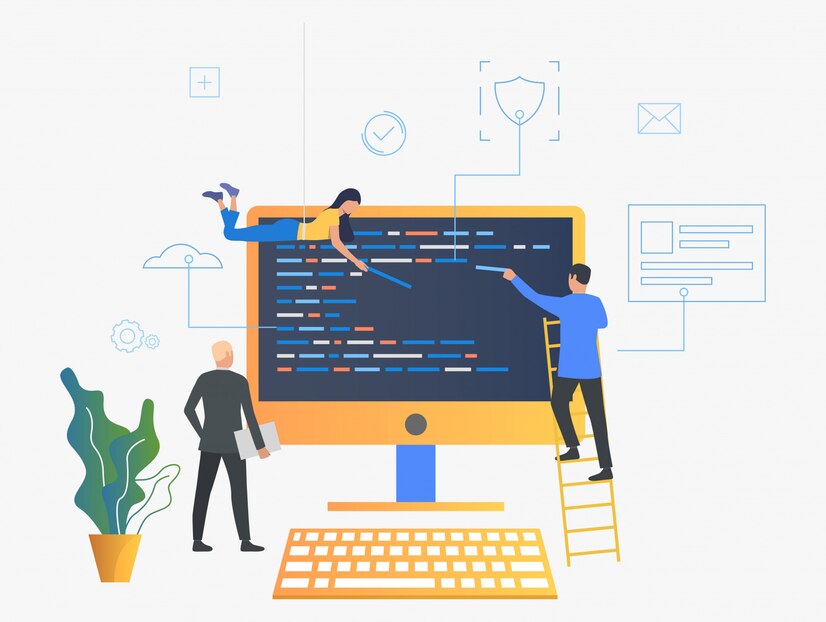Ethics in DevOps: Handling AI and Data Responsibly

The adoption of AI in DevOps has revolutionized the software development and operations landscape, bringing automation, efficiency, and intelligence to the DevOps pipeline.
However, with this technological advancement comes the responsibility of handling AI and data ethically.
As organizations leverage DevOps development services to accelerate deployment cycles, ethical concerns around AI algorithms, data privacy, and bias mitigation must be addressed to build trustworthy systems.
In this blog, we will explore the ethical considerations of using AI for DevOps and how businesses can implement responsible AI and data practices in their DevOps strategies.
The Role of AI in DevOps
Artificial intelligence has become an integral part of modern DevOps workflows, enhancing efficiency through automation and predictive analytics.
Leading DevOps services providers integrate AI to:
Automate testing and deployment processes
Predict system failures and recommend preventive measures
Enhance security by identifying vulnerabilities
Optimize resource allocation for better performance
While these advancements improve DevOps efficiency, they also introduce ethical challenges such as data security, algorithmic bias, and transparency concerns.
Key Ethical Challenges in AI-Driven DevOps
1. Data Privacy and Security
AI-powered DevOps solutions require vast amounts of data to function effectively. This raises concerns about how data is collected, stored, and processed. Organizations leveraging DevOps professional services must ensure that sensitive information is protected from unauthorized access and breaches.
Best Practices:
Implement strong encryption and anonymization techniques
Ensure compliance with GDPR, CCPA, and other data protection regulations
Establish strict access controls and authentication mechanisms
2. Bias in AI Algorithms
AI models used in DevOps development services learn from historical data. If the training data contains biases, the AI system may produce unfair or discriminatory outcomes, leading to ethical dilemmas.
Best Practices:
Use diverse and representative datasets for training AI models
Regularly audit AI decision-making processes to identify potential biases
Implement fairness-aware algorithms to ensure equitable outcomes
3. Transparency and Explainability
One of the biggest challenges in AI for DevOps is the "black box" nature of AI models. Lack of transparency can lead to mistrust among users and stakeholders, especially when AI makes critical decisions in DevOps workflows.
Best Practices:
Use explainable AI (XAI) techniques to make AI decisions interpretable
Document AI-driven processes and decisions for accountability
Foster open communication with stakeholders about AI's role in DevOps
4. Ethical AI Deployment and Accountability
When AI-driven systems make mistakes, it can be difficult to determine accountability. Organizations relying on DevOps services companies must establish clear guidelines on AI usage and responsibility.
Best Practices:
Define accountability frameworks for AI-driven decisions
Establish ethical guidelines for AI deployment in DevOps
Conduct regular AI ethics audits to ensure compliance
Implementing Ethical AI in DevOps Workflows
To ensure ethical AI deployment in DevOps services, organizations must follow a structured approach:
1. Establish AI Ethics Policies
Develop a set of ethical principles that guide the use of AI in DevOps. These policies should cover areas such as data handling, algorithmic fairness, and accountability.
2. Conduct Ethical AI Training
Educate DevOps teams on the ethical implications of AI and data usage. Training programs should focus on bias detection, security protocols, and responsible AI implementation.
3. Monitor AI Performance Continuously
Regular audits and performance evaluations help identify potential ethical risks in AI-powered DevOps workflows. Organizations can work with DevOps professional services to integrate monitoring tools that track AI decisions in real time.
4. Involve Stakeholders in AI Decision-Making
Ethical AI should not be the responsibility of a single team. Business leaders, developers, and security experts should collaborate to ensure AI solutions align with organizational values and societal norms.
The Future of Ethical AI in DevOps
As AI continues to evolve, ethical considerations will play a crucial role in shaping the future of AI DevOps. Organizations that prioritize responsible AI practices will not only mitigate risks but also build trust with customers and stakeholders.
Note: IndiBlogHub features both user-submitted and editorial content. We do not verify third-party contributions. Read our Disclaimer and Privacy Policyfor details.







